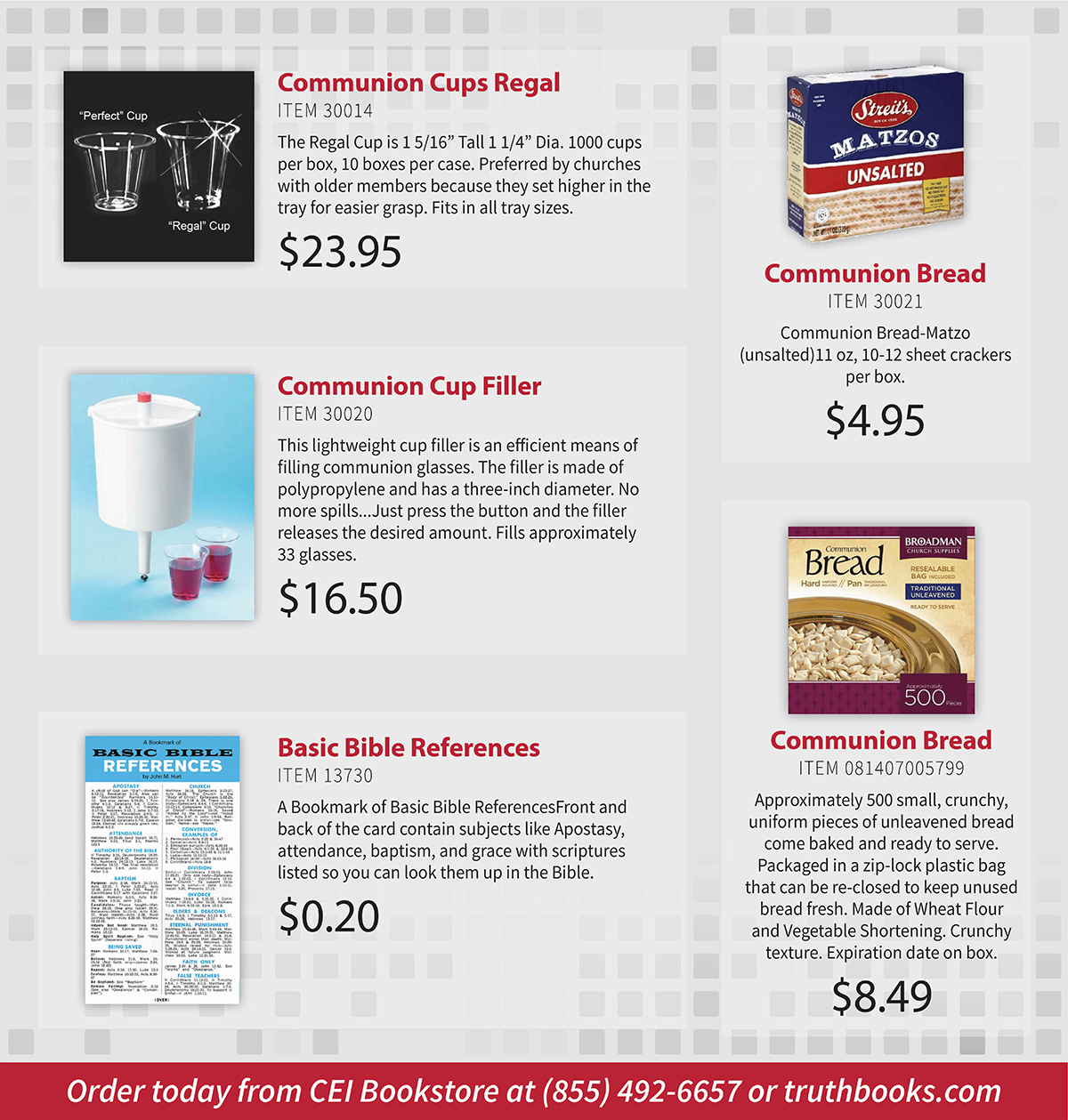

by Chris Reeves
Synopsis: Chris reviews recently published books by brethren (L. A. Mott and Jarrod Jacobs) and a noted Greek scholar (Phillip Comfort).
Thinking Through Galatians. L. A. Mott, Jr. Sunesis Publishing, 2018. 132 pages, softback. ISBN: 978-0971648784.
Before passing from this life, brother L. A. Mott, Jr. completed another one of his good "Thinking Through" Bible study guides. This time, he wrote on the book of Galatians. The best thing about Mott's "Thinking Through" series is that they are thorough in exposition, yet concise in volume. Brother Mott gets right to the point of explaining the basics of the text. His introduction to the book of Galatians covers all the basics—who wrote the book, when it was written, to whom it was written, why it was written—without being overwhelming. His exposition offers a basic exegesis of the text without being tedious (and, I might add, without the denominational theology that saturates so many other commentaries in print today). He covers the whole book of Galatians in just over 100 pages! When necessary, Mott will discuss Greek word definitions and structure, but advanced knowledge of Greek is not necessary to profit from these comments. Through the years, I have read from, and profited greatly from, these Thinking Through... guides. Mott has covered a few Old Testament books in this series and also several New Testament books. I highly recommend all of them to Bible teachers and students who want to enter class with a basic grasp of God's word and who want to acquire such understanding in a short period of time.
The Bible Has the Answer! Jarrod M. Jacobs. Jacob Publications, 2018. 54 pages, softback. ISBN: 978-1726715157
Jarrod Jacobs, a faithful gospel preacher and author, has been writing and publishing good Bible class material over the last few years. One of his recent books is The Bible Has the Answer! In this workbook, brother Jacobs answers questions that were given to him by high-schoolers in the local church. They asked him about topics that were on their mind. He answered them from God's word, and then put the material in workbook form for the benefit of others. Topics include questions about life after death, once-saved-always-saved, dinosaurs, and condemning others. The lessons are in outline form, and include questions to encourage student participation. They touch on timely topics that our youth face today. For example, the lesson on dinosaurs will help our young people answer the arguments of naturalistic evolution, and the lesson on condemning others will help them to face the pressures of being a faithful Christian. This is a great workbook, and it would be a good source of material for your next quarter high school class or small-group Bible study. Some of the other good publications by brother Jacobs are Men's Training Class and Our Attitude from a Biblical Perspective. He also has just published a new booklet on the subject of Wine in the Bible.
A Commentary on the Manuscripts and Text of the New Testament. Philip Wesley Comfort. Kregel Academic, 2015. ISBE: 978-0-8254-4340-4
Have you ever been teaching a Bible class and one of your students says that their Bible doesn't read the same way as yours? They ask you why a particular verse in their Bible is in the margin, or why alternative readings are found in the margin. Of course, these questions have to do with understanding the textual variants behind our English translations of the Greek manuscripts. Philip Comfort, a well-known scholar in the field of Biblical manuscript studies, recently published a good resource to help teachers and students work through the numerous textual variants found in the manuscripts that support our Bible. Titled A Commentary on the Manuscripts and Text of the New Testament, this work covers all the major variants found in the manuscripts from Matthew to Revelation. Comfort comments on why individual words in one verse are different in some manuscripts, why entire verses (like Acts 8:37) are missing in some manuscripts, and why entire sections (like Mark 16:8-20 or John 7:53-8:11) are missing in some manuscripts. In each case, he suggests which variants seem to be the best ones to use based upon the best evidence for their existence. Like any commentary, you may not always agree with Comfort's conclusions about a particular variant, but at least he will inform you concerning the pertinent issues surrounding each text in question. This Commentary by Comfort goes well with his other works on the same topic: A Commentary on the Textual Additions to the New Testament (Kregel, 2017), the New Testament Text and Translation Commentary (Tyndale, 2008), and Encountering the Manuscripts (Broadman and Holman, 2005).
Author Bio: Chris preaches for the Warfield Blvd Church of Christ in Clarksville, TN. His website is thegoodteacher.com. He can be reached at chrisreevesmail@gmail.com.

